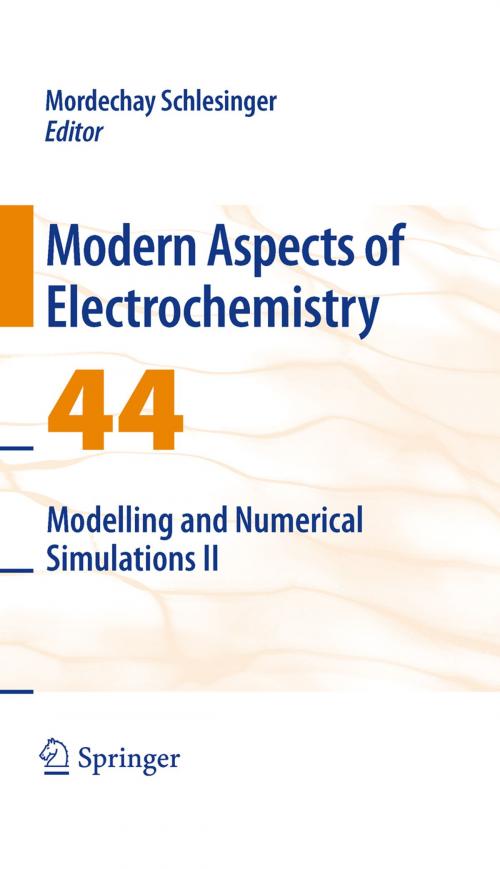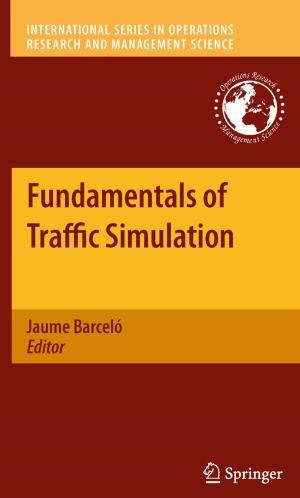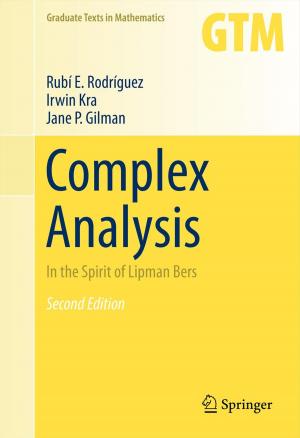Modelling and Numerical Simulations II
Nonfiction, Science & Nature, Science, Chemistry, Physical & Theoretical, Computers, Advanced Computing, Artificial Intelligence| Author: | ISBN: | 9780387495866 | |
| Publisher: | Springer New York | Publication: | August 15, 2009 |
| Imprint: | Springer | Language: | English |
| Author: | |
| ISBN: | 9780387495866 |
| Publisher: | Springer New York |
| Publication: | August 15, 2009 |
| Imprint: | Springer |
| Language: | English |
The present volume is the second in a two-volume set dealing with modelling and numerical simulations in electrochemistry. Emphasis is placed on the aspect of nanoelectrochemical issues. It seems appropriate at this juncture to mention the n- growing body of opinion in some circles that George Box was right when he stated, three decades ago, that “All models are wrong, but some are useful”. Actually, when the statement itself was made it would have been more appropriate to say that “All models are inaccurate but most are useful nonetheless”. At present, however, the statement, as it was made, is far more appropriate and closer to the facts than ever before. Currently, we are in the midst of the age of massively abundant data. Today’s philosophy seems to be that we do not need to know why one piece of information is better than another except through the statistics of incoming and outgoing links between information and this is good enough. It is why, both in principle and in practice, one can translate between two languages, without knowledge of either. While none of this can be ignored, and it may even be true that “All models are wrong and increasingly you can succeed without them” the traditional approach of scienti?c modelling is still the order of the day. That approach may be stated as hypothesize – measure – model – test. It is in this light that the present volume should be viewed.
The present volume is the second in a two-volume set dealing with modelling and numerical simulations in electrochemistry. Emphasis is placed on the aspect of nanoelectrochemical issues. It seems appropriate at this juncture to mention the n- growing body of opinion in some circles that George Box was right when he stated, three decades ago, that “All models are wrong, but some are useful”. Actually, when the statement itself was made it would have been more appropriate to say that “All models are inaccurate but most are useful nonetheless”. At present, however, the statement, as it was made, is far more appropriate and closer to the facts than ever before. Currently, we are in the midst of the age of massively abundant data. Today’s philosophy seems to be that we do not need to know why one piece of information is better than another except through the statistics of incoming and outgoing links between information and this is good enough. It is why, both in principle and in practice, one can translate between two languages, without knowledge of either. While none of this can be ignored, and it may even be true that “All models are wrong and increasingly you can succeed without them” the traditional approach of scienti?c modelling is still the order of the day. That approach may be stated as hypothesize – measure – model – test. It is in this light that the present volume should be viewed.















